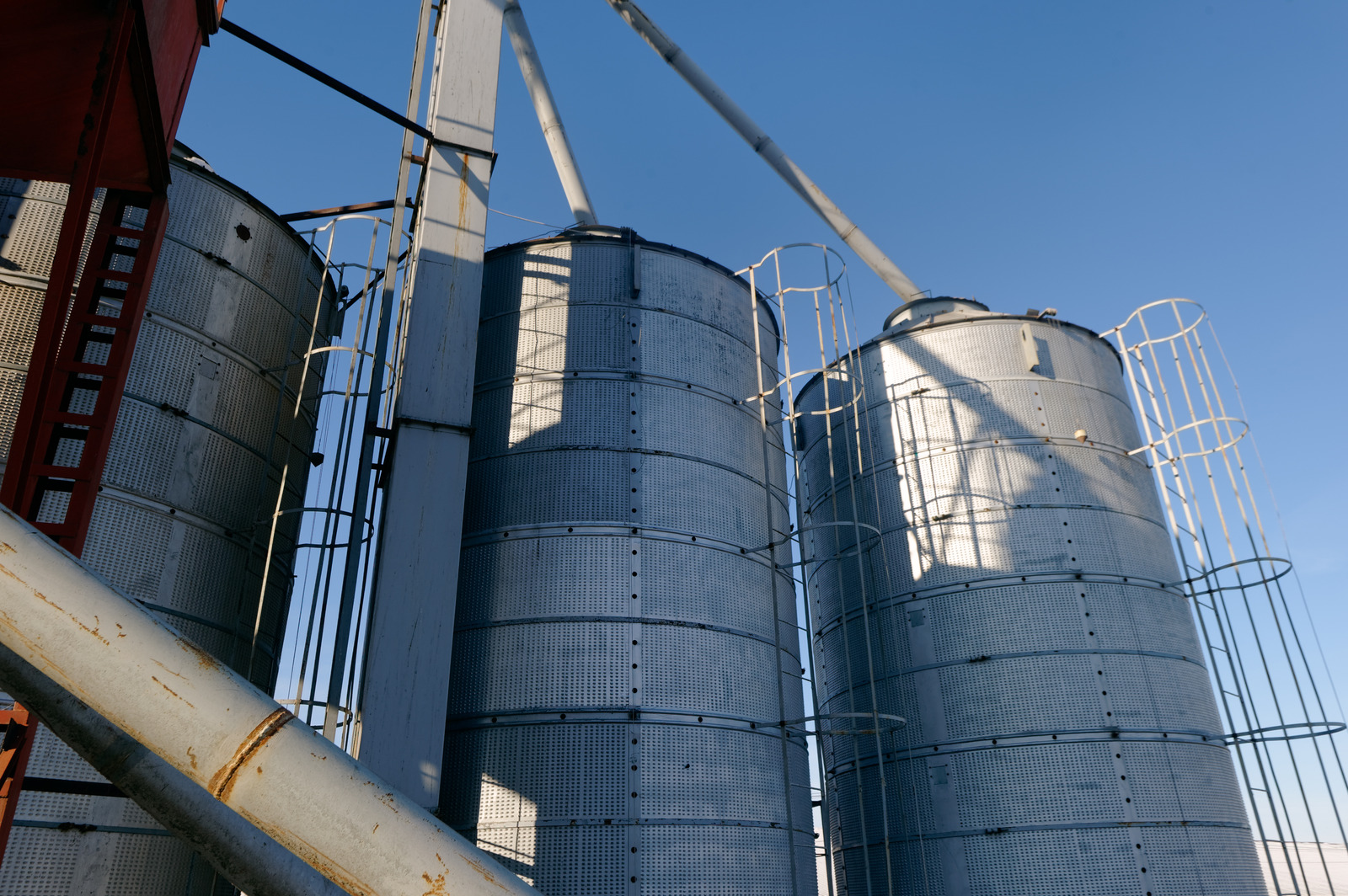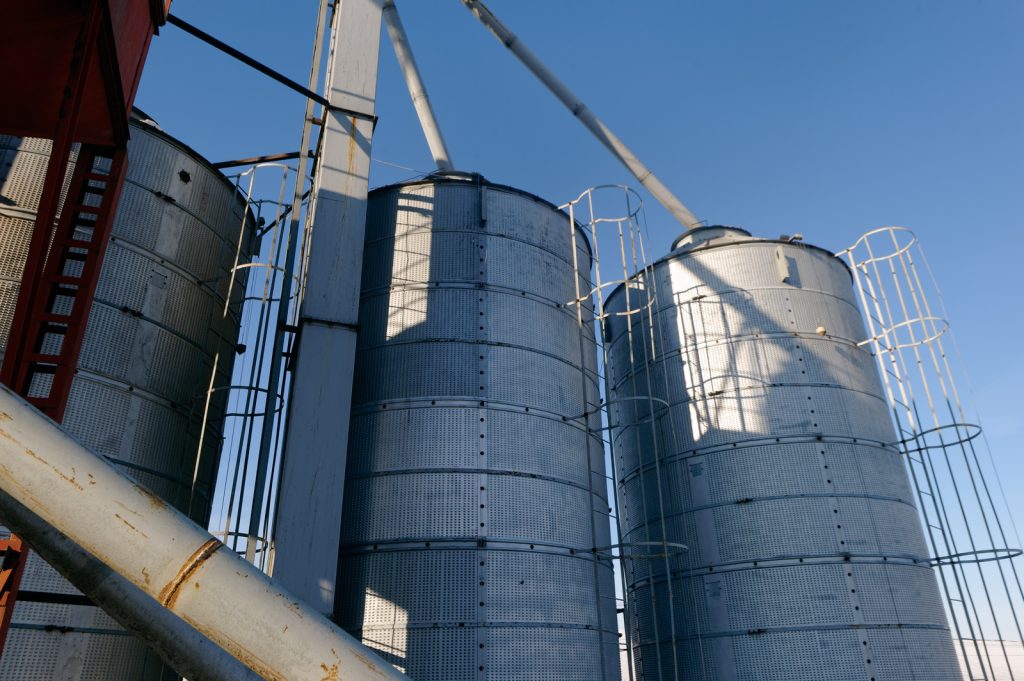In modern agriculture, efficient grain management systems play a crucial role in boosting productivity, ensuring food security and reducing waste. These systems encompass a range of technologies, processes and practices designed to store, handle and monitor grains throughout the supply chain.
Let’s take a deeper look into the significance of grain management systems in today’s agriculture sector:
Enhanced Storage Efficiency
One of the primary benefits of implementing a grain management system is the improvements in storage efficiency it provides. Proper storage conditions are essential to prevent spoilage, pests and mould growth, which can significantly impact the quality and quantity of grains. Grain management systems help farmers and grain handlers optimise storage conditions by regulating temperature, humidity and ventilation, thereby prolonging the shelf life of grains and reducing losses.
Preservation of Quality
Maintaining the quality of grains is essential for meeting the stringent quality standards set by consumers and regulatory bodies. Grain management systems enable precise monitoring of factors such as moisture levels, temperature and aeration, which are critical in maintaining the nutritional value and overall quality of your grains. When these systems are implemented, farmers can ensure that their grains retain freshness, flavour and nutritional content from harvest to consumption.
Minimisation of Post-Harvest Loss
Post-harvest loss has a major impact on food security and economic sustainability in the agricultural sector. Grain management systems play a crucial role in curbing post-harvest losses by providing farmers with tools and techniques to monitor and mitigate factors that contribute to spoilage and waste. Adopting these best practices in grain management reduces loss, increases profit and contributes to food security.
Improved Decision-Making via Data and Analytics
Advancements in technology have revolutionised grain management systems by enabling data-driven implementation from the decision-making processes. Through the use of sensors, automation and analytics, you can gather real-time data on grain conditions, storage performance and operational efficiency. This data empowers farmers to make informed decisions regarding storage, handling and distribution, leading to improved productivity and profitability.
The importance of grain management systems in modern agriculture cannot be overstated. These systems not only enhance storage efficiency, preserve quality and mitigate post-harvest losses but also enable data-driven decision-making that drives agricultural sustainability and competitiveness.
By investing in advanced grain management technologies and practices, farmers can optimise their operations, reduce waste and meet the growing demand for high-quality grains in a rapidly evolving agricultural landscape.
Enhance your grain management systems today, with help from AgriChain. Contact us to get started!













